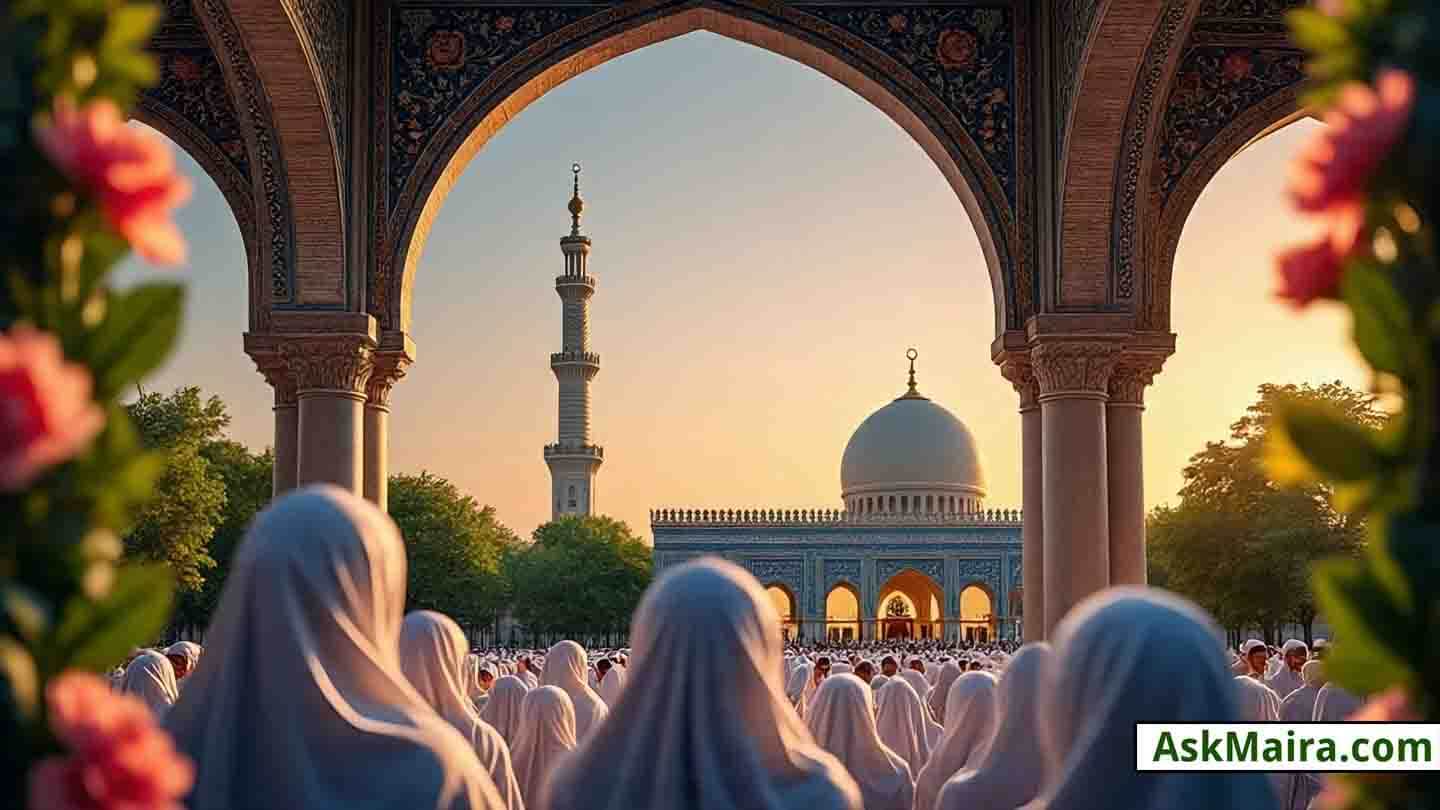Islam is a complete way of life that guides Muslims in every aspect of their spiritual and social journey. At the heart of this religion are the Five Pillars of Islam, which serve as the foundation of a Muslim’s faith and practice. These pillars are not just rituals; they are acts of devotion that strengthen the relationship between Muslims and Allah (God).
In this article, we will explore the Five Pillars of Islam, their meaning, importance, and how they shape the daily life of a believer.

What Are the Five Pillars of Islam?
The Five Pillars of Islam are the core practices that every Muslim is required to follow. They are:
-
Shahada (Faith)
-
Salah (Prayer)
-
Zakat (Charity)
-
Sawm (Fasting in Ramadan)
-
Hajj (Pilgrimage to Makkah)
These five principles guide Muslims in their worship, social duties, and moral conduct. Let’s look at each pillar in detail.
1. Shahada – The Declaration of Faith
The Shahada is the first pillar of Islam. It is the simple yet powerful declaration:
“There is no god but Allah, and Muhammad (peace be upon him) is His Messenger.”
This statement confirms the belief in One God (Allah) and in the final Prophet, Muhammad (peace be upon him). By reciting and truly believing in the Shahada, a person becomes a Muslim.
-
The Shahada reflects the core belief of monotheism in Islam.
-
It reminds Muslims that life should be dedicated to worshiping Allah alone.
-
It creates a sense of unity among Muslims all over the world.
2. Salah – The Daily Prayers
The second pillar of Islam is Salah (prayer). Muslims are required to pray five times a day:
-
Fajr (before sunrise)
-
Dhuhr (midday)
-
Asr (afternoon)
-
Maghrib (after sunset)
-
Isha (night)
Prayer connects Muslims with Allah and keeps them spiritually strong.
Importance of Salah:
-
It serves as a daily reminder of faith.
-
It brings peace, discipline, and balance to life.
-
It encourages gratitude and humility before Allah.
-
It strengthens community bonds when Muslims pray together in mosques.
Prayer is not only a ritual but also a way of seeking guidance, forgiveness, and blessings in life.
(For more details, you can also read: The Importance & Benefits of Salah in Islam)
3. Zakat – Giving Charity
The third pillar of Islam is Zakat, which means giving a fixed portion of one’s wealth to the poor and needy. Muslims who meet the required financial threshold must give 2.5% of their savings every year.
Purpose of Zakat:
-
It helps reduce poverty and hunger.
-
It purifies wealth by reminding Muslims that everything comes from Allah.
-
It creates a spirit of generosity and care within society.
-
It reduces inequality by supporting those who are less fortunate.
Zakat is not just charity—it is an obligation that ensures social justice and balance in the community.
4. Sawm – Fasting in the Month of Ramadan
The fourth pillar of Islam is Sawm (fasting) during the holy month of Ramadan. From dawn to sunset, Muslims abstain from food, drink, smoking, and sinful behavior.
Why Muslims Fast:
-
To increase closeness to Allah through self-control and patience.
-
To develop empathy for the poor and hungry.
-
To strengthen discipline and gratitude.
-
To cleanse the soul from sins and negative habits.
Fasting is not only about avoiding food—it is about purifying the heart, mind, and soul. At the end of Ramadan, Muslims celebrate Eid al-Fitr, a festival of joy and gratitude.
5. Hajj – Pilgrimage to Makkah
The fifth and final pillar of Islam is Hajj (pilgrimage). Every Muslim who is physically and financially able must perform Hajj at least once in their lifetime.
Hajj takes place annually in the Islamic month of Dhul-Hijjah in the holy city of Makkah.
Main Rituals of Hajj:
-
Tawaf: Walking around the Kaaba seven times.
-
Sa’i: Walking between the hills of Safa and Marwah.
-
Standing at Arafat (Wuquf): Praying and seeking forgiveness.
-
Stoning the Devil (Rami): Throwing pebbles at symbolic pillars.
Hajj is a journey of faith, unity, and equality, where Muslims from around the world gather regardless of race, status, or wealth. It reminds believers of the Day of Judgment and the temporary nature of life.
Why Are the Five Pillars Important?
The Five Pillars of Islam are essential because they:
-
Provide a clear path for worship and devotion.
-
Keep Muslims spiritually and morally disciplined.
-
Build unity and brotherhood among the global Muslim community.
-
Strengthen the relationship between humans and Allah.
-
Ensure balance between individual duties and social responsibilities.
By following the Five Pillars, Muslims live a life that is meaningful, purposeful, and pleasing to Allah.
The Five Pillars of Islam form the foundation of a Muslim’s life. From the belief in One God (Shahada) to daily prayers (Salah), from giving charity (Zakat) to fasting in Ramadan (Sawm), and finally the sacred pilgrimage (Hajj), these pillars guide Muslims in both faith and action.
They are more than rituals—they are a spiritual system that promotes peace, discipline, compassion, and unity. By practicing them sincerely, Muslims strengthen their faith and contribute positively to their families, communities, and the world.
FAQs
Q1: Who has to follow the Five Pillars of Islam?
All adult Muslims who are physically and mentally capable are required to follow the Five Pillars.
Q2: Why are the Five Pillars important?
They provide the foundation of faith and guide Muslims in worship, discipline, and social responsibility.
Q3: Do all Muslims perform Hajj?
Hajj is only required for those who are financially and physically able.
Q4: What happens if someone misses a prayer?
Muslims should make up the missed prayer as soon as possible and seek forgiveness from Allah.
Q5: Can charity other than Zakat be given?
Yes. While Zakat is obligatory, Muslims are encouraged to give additional charity (Sadaqah) at any time.
